Indigenous Governance Database
National
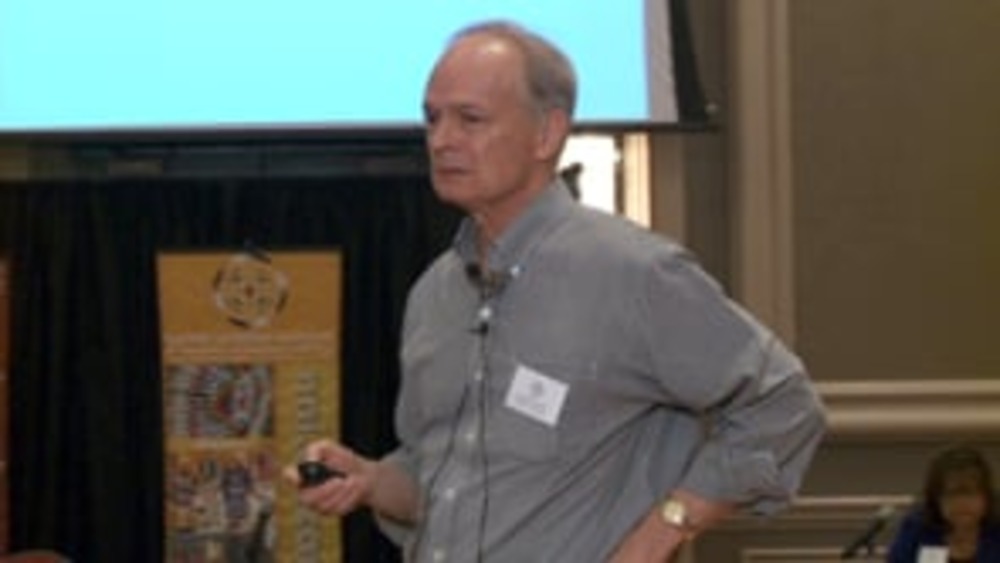
Stephen Cornell: Defining Constitutions (Presentation Highlight)
In this highlight from the presentation "Defining Constitutions and the Movement to Remake Them," Stephen Cornell provides some basic definitions of what a constitution is and the role it fundamentally plays -- or should play in the life of Native nations.
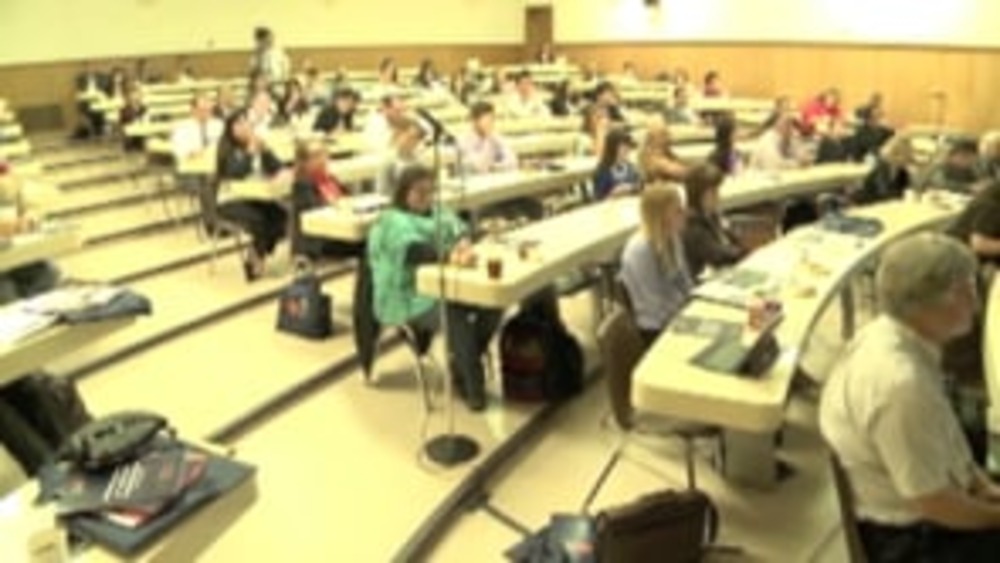
Good Native Governance Plenary 1: Innovations in Law
UCLA School of Law "Good Native Governance" conference presenters, panelists and participants Carole E. Goldberg, Matthew L.M. Fletcher, and Kristen A. Carpenter discuss law and the issues that Native nations deal with. Goldberg explains the recommendations of the Indian Law and Order Commission…
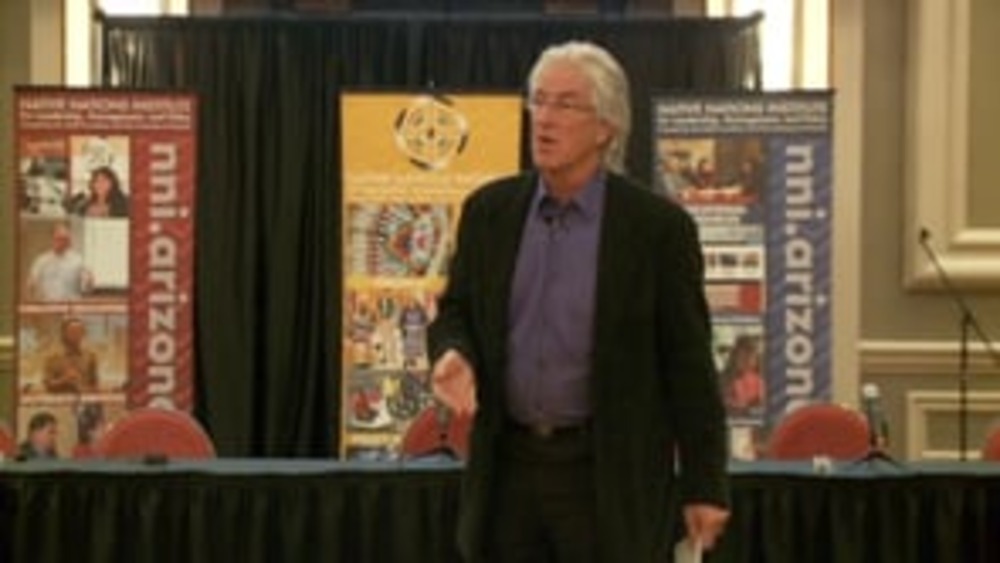
Robert Hershey: Dispelling Stereotypes about the Federal Government's Role in Native Nation Constitutional Reform
Robert Hershey, Professor of Law and American Indian Studies at The University of Arizona, dispels some longstanding stereotypes about what the federal government can and will do should a Native nation decide to amend its constitution to remove the Secretary of Interior approval clause or else make…
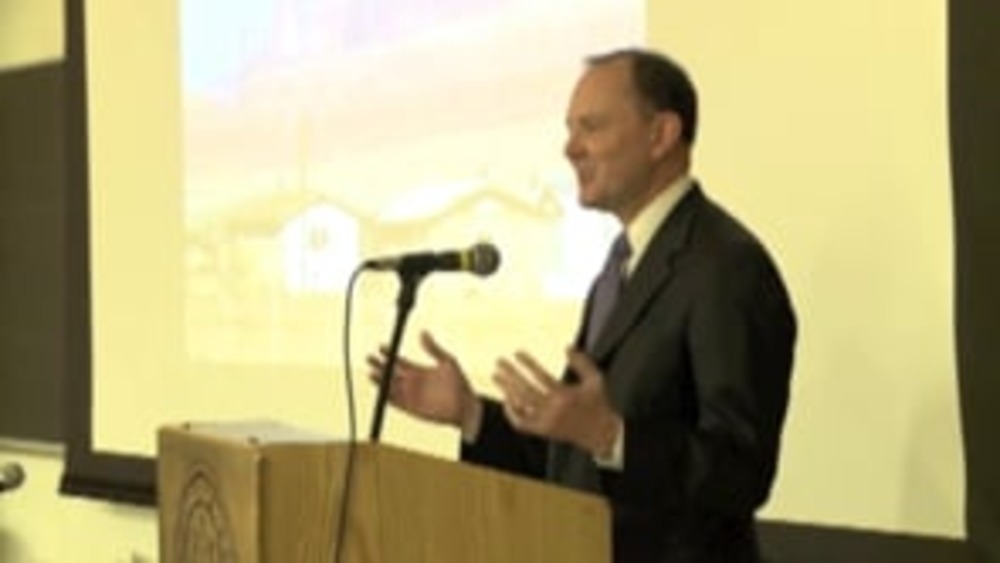
Good Native Governance: Keynote Address
UCLA School of Law "Good Native Governance" conference keynote speaker, Kevin Washburn, Assistant Secretary — Indian Affairs for the U.S. Department of the Interior, examines how Native nations are engaging so well in self-determination through good governance. This video resource is…
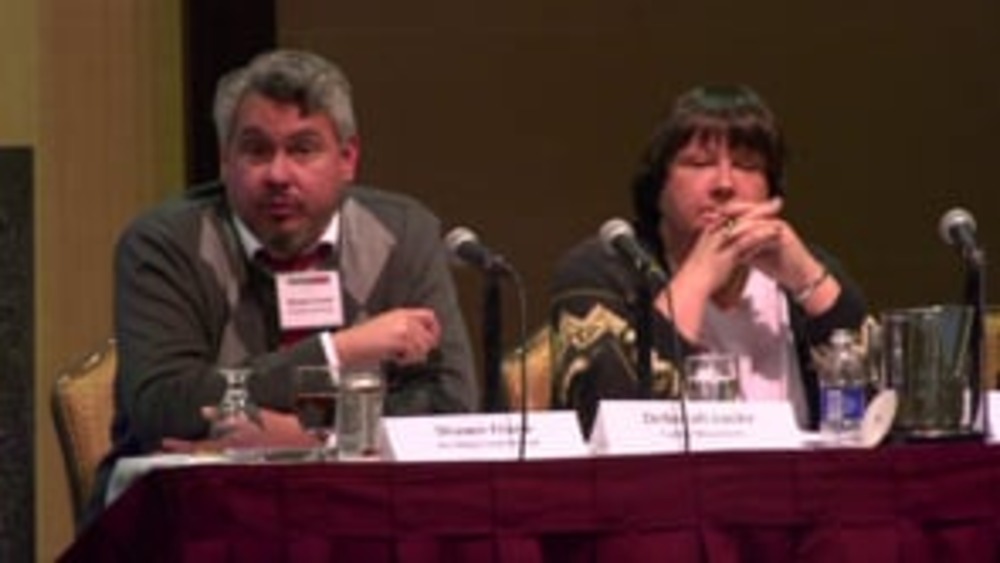
Shawn Frank: Disenrollment: Considerations of Process
Attorney Shawn Frank stresses the importance of Native nations ensuring that they establish and operate processes for disenrolling their citizens that is fair and transparent. He also offers some strategies that a Native nation can follow in order to create that fairness and transparency -- and…
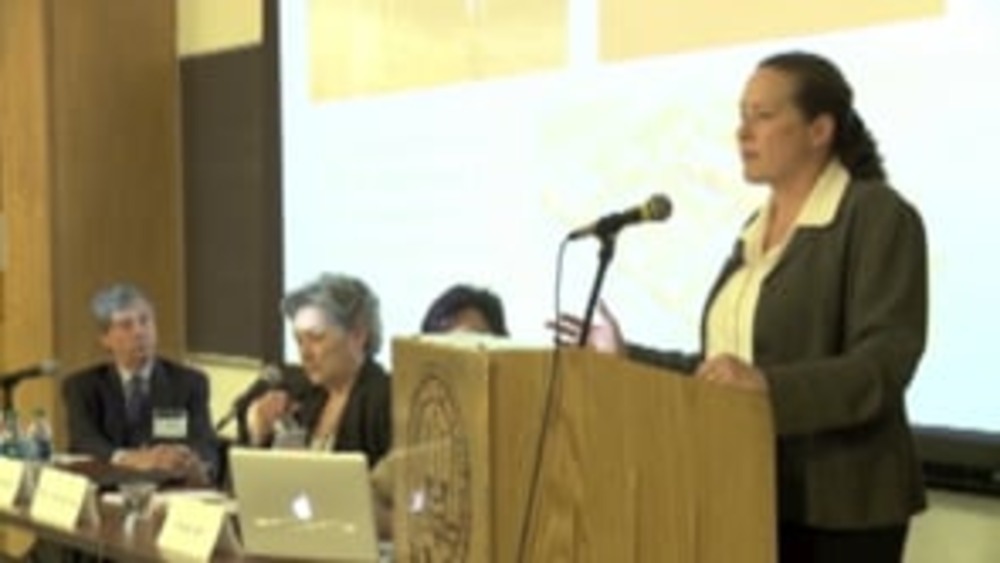
Good Native Governance Plenary 2: The Cutting Edge of Economic Development in Indian Country
UCLA School of Law "Good Native Governance" conference presenters, panelists and participants Miriam Jorgensen, Robert Miller, and Sherry Salway Black discuss economic research in Indian Country. This video resource is featured on the Indigenous Governance Database with the permission of the …

From the Good Native Governance: Innovative Research in Law, Education, and Economic Development Conference
Assistant Secretary Kevin Washburn provided a snapshot of Native nations engaging in self-governance reinforcing the notion that "almost anything the federal government can do, tribes can do better" through good governance.
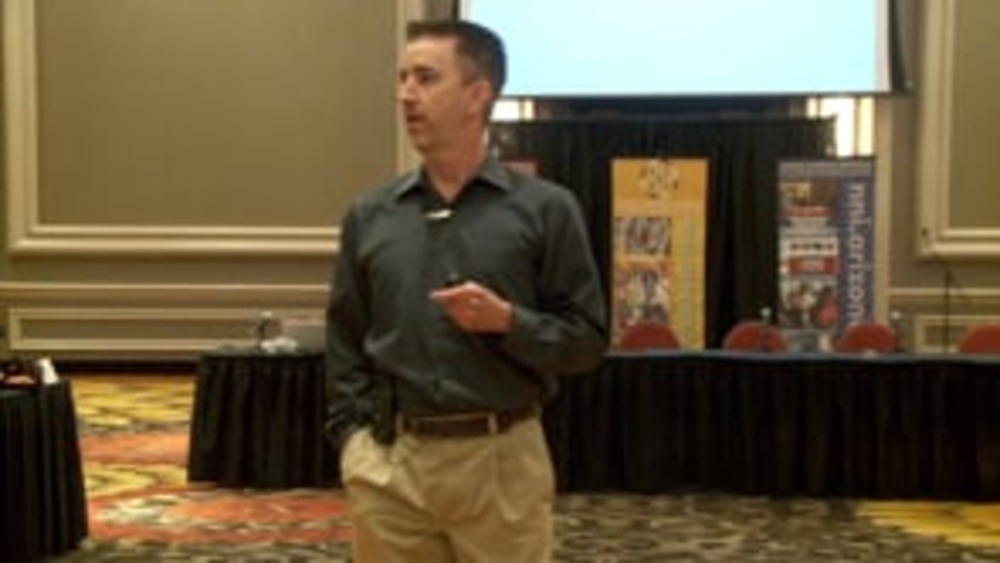
Ian Record: Some of the Difficulties of Constitutional Reform (Presentation Highlight)
In this highlight from the presentation "Defining Constitutions and the Movement to Remake Them," Ian Record discusses two of the many challenges that Native nations typically encounter when they move to change their existing constitutions or develop new ones.
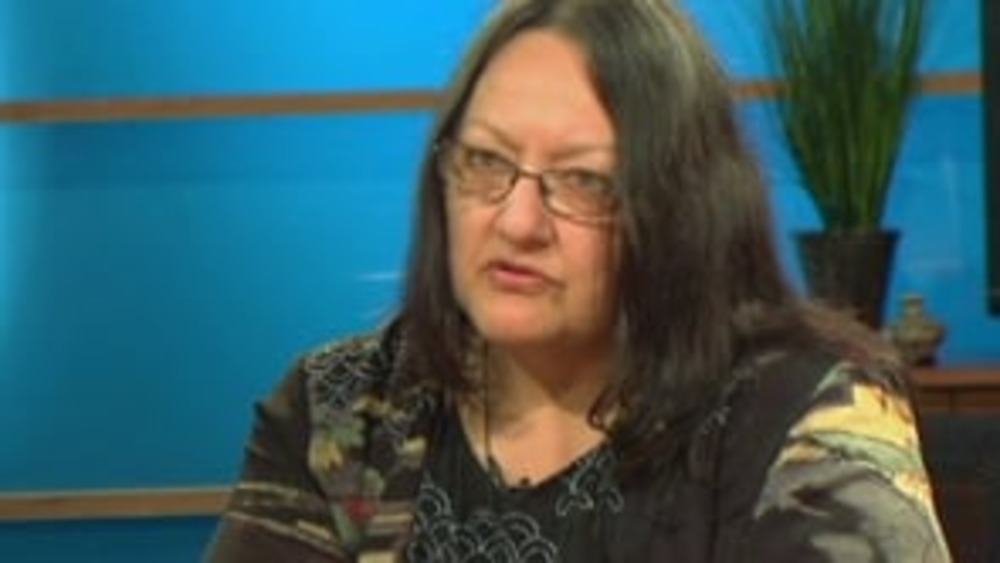
Suzan Shown Harjo: Five Decades of Fighting for Tribal Sovereignty and Self-Determination
In this wide-ranging interview, longtime Native American rights advocate Suzan Harjo discusses her involvement in the development and ratification of the American Indian Religious Freedom Act, the Native American Graves Protection and Repatriation Act, and the legislation creating the National…
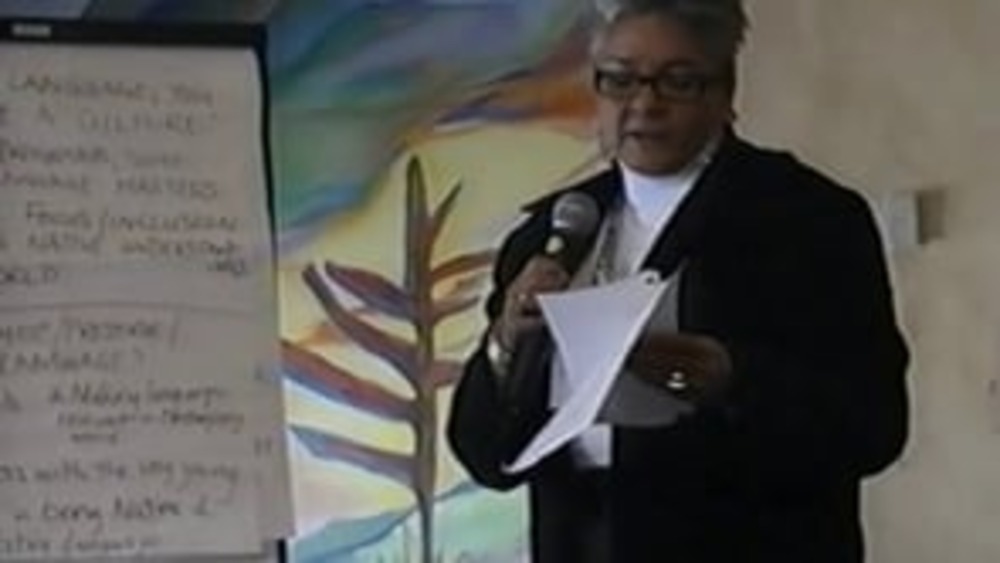
Honoring Nations: JoAnn Chase: Cultural Affairs
JoAnn Chase reports back to her fellow Honoring Nations sympoisum participants about the consensus she and her fellow cultural affairs breakout session participants reached concerning the need for Native nations to fully integrate culture into how they govern, and also to ensure that their…
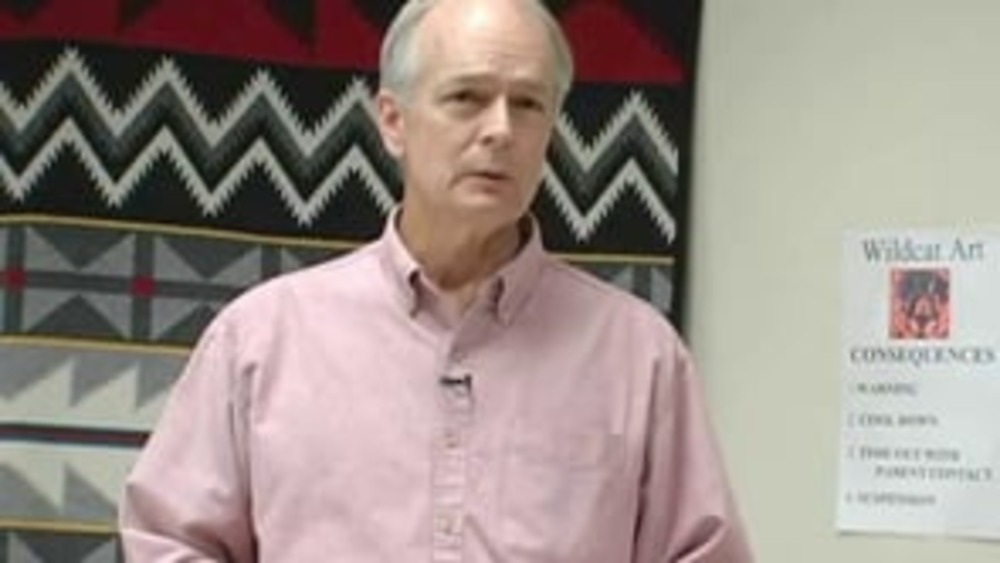
From the Rebuilding Native Nations Course Series: "The Governance Challenge"
Harvard Project on American Indian Economic Development Co-Director Stephen Cornell differentiates between the challenge that Native nations face in having their rights of self-determination recognized and the governance challenge that they face once those rights are recognized.
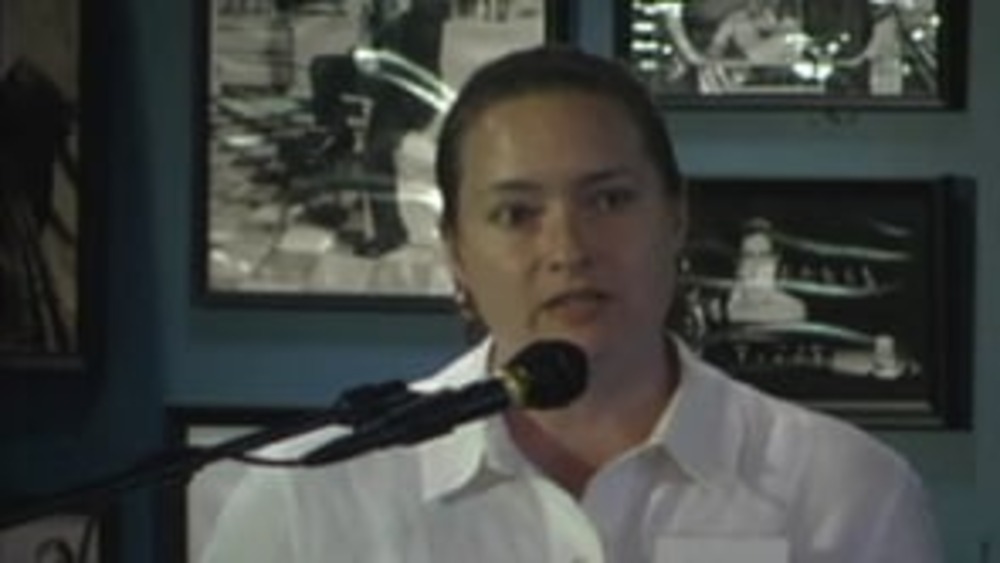
Honoring Nations: Miriam Jorgensen: Lessons to Take Home
NNI Research Director Miriam Jorgensen concludes the 2004 Honoring Nations symposium with her impressions about the lessons learned from the convening, from the great diversity among Native nations to the great strides they are taking when they devise their own solutions to the challenges they…
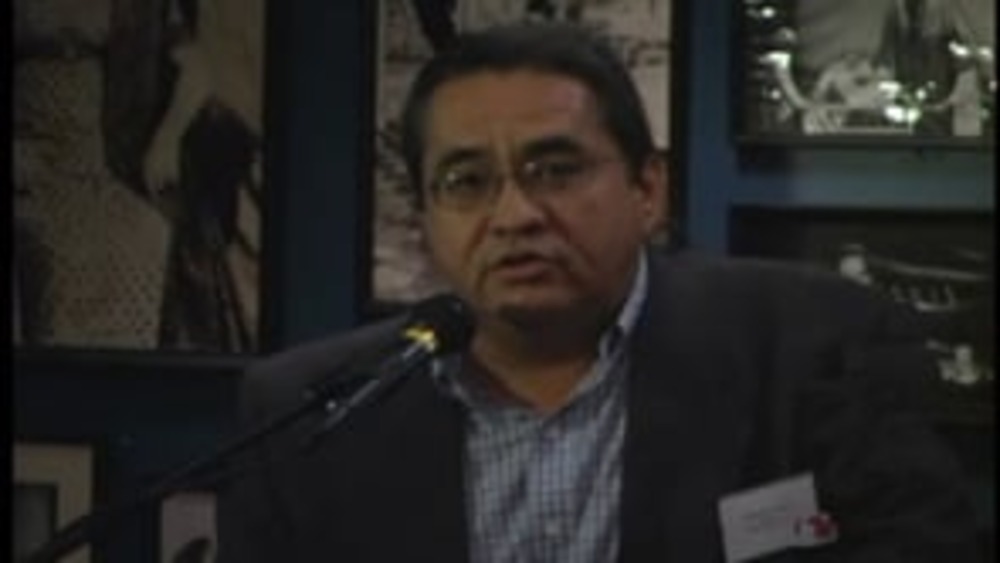
Honoring Nations: Manley Begay: Reflections on the Day
Harvard Project on American Development Co-Director Manley A. Begay, Jr. synthesizes the learning that took place during the first day of the 2004 Honoring Nations symposium, focusing on the nation-building success stories chronicled during the day as testaments to and reflections of…
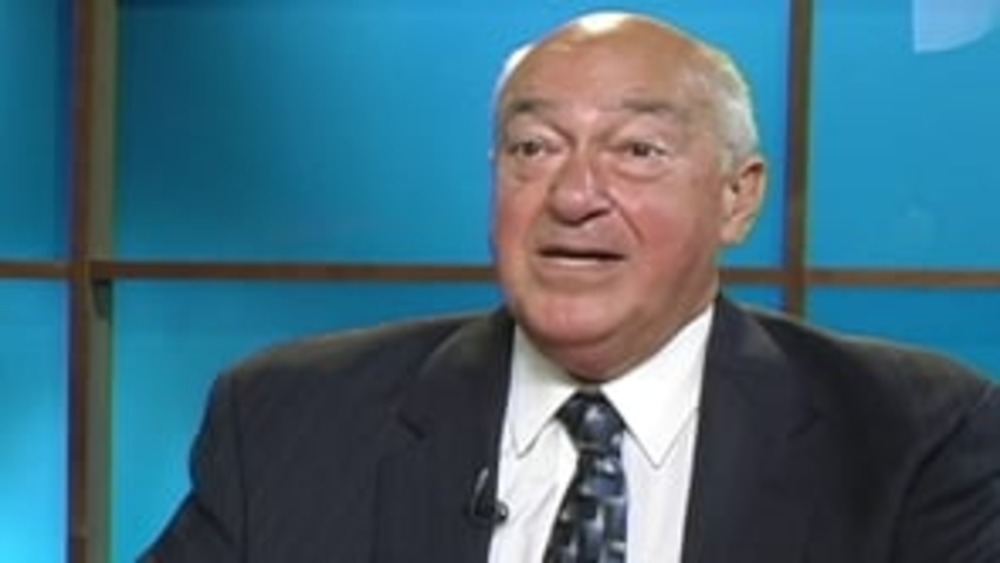
From the Rebuilding Native Nations Course Series: "The Fearless Approach to Building Effective Governance"
Institute for Tribal Government Director Roy Sampsel describes the fearless mindset that so many Native nations are displaying as they work to build their governance capacity in order to exercise their sovereignty effectively, and the incredible innovation they exhibit in doing so.

Honoring Nations: Ana Marie Argilagos: Family Strengthening in Indian Country
Ana Marie Argilagos provides a basic overview of the Annie E. Casey Foundation's mission and discusses a report detailing what family strengthening involves in Native communities.
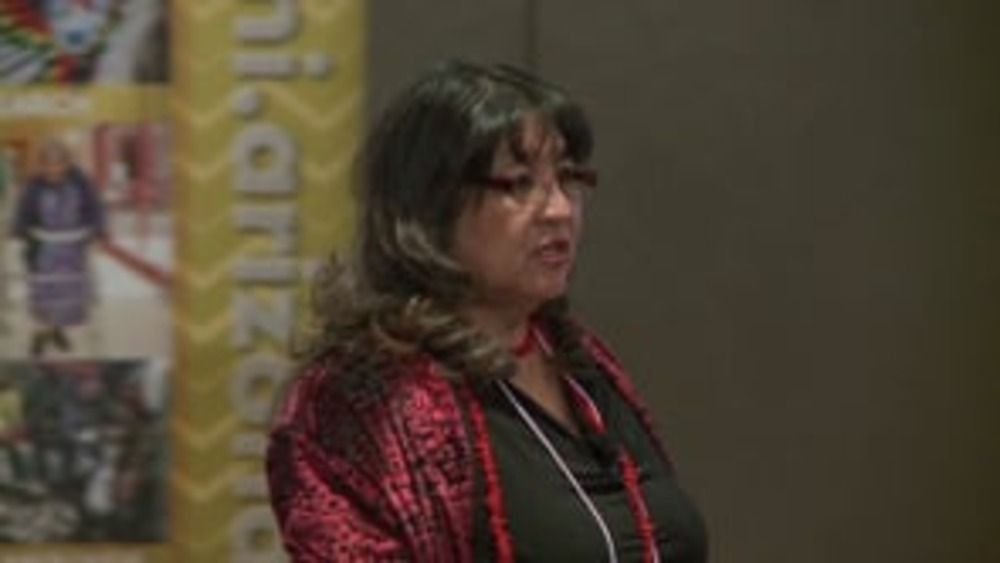
Joan Timeche: The Two Tests a Constitution Must Pass (Presentation Highlight)
In this highlight from the presentation "The Diversity of Governing Systems and Constitutions in Indian Country," NNI's Joan Timeche explains the two tests (cultural legitimacy and effectiveness) that Native nation constitutions must pass if they are going to prove capable of achieving their…
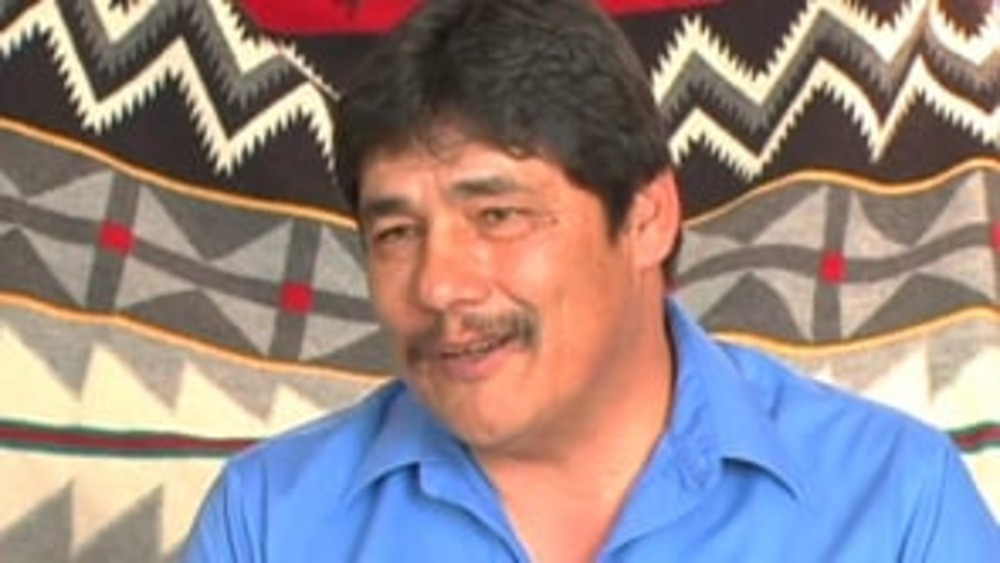
From the Rebuilding Native Nations Course Series: "Defending Sovereignty Through Its Effective Exercise"
Native leaders speak to the notion that Native nations' best defense of their sovereignty is the demonstration of their ability to exercise that sovereignty effectively.
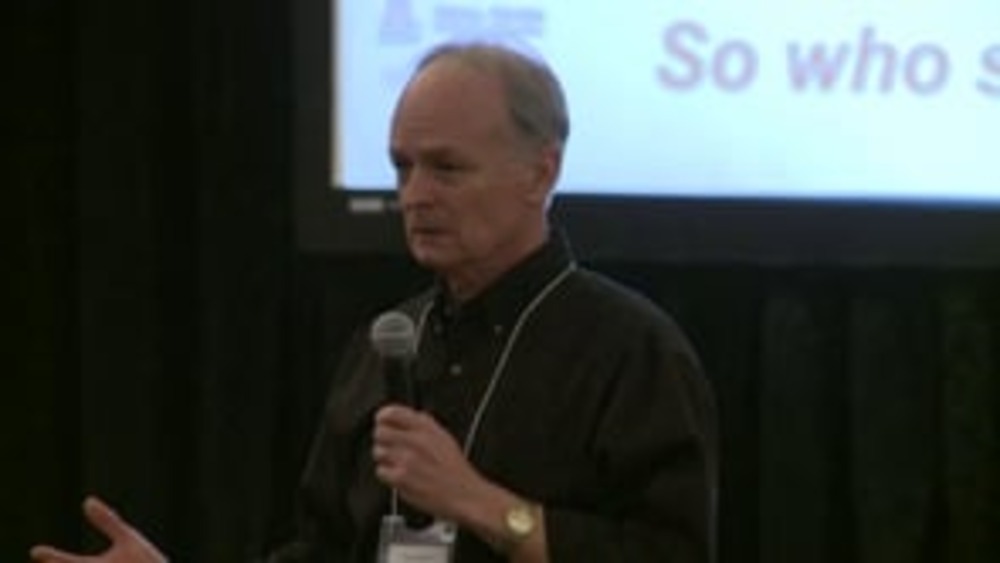
Stephen Cornell: The Task of Reclaiming Self-Governance (Presentation Highlight)
In this highlight from the presentation "Key Things a Constitution Should Address: 'Who Has Responsibility for What?'," NNI's Stephen Cornell provides an overview of the fundamental questions that Native nations must ask themselves as they reclaim control over and then redesign their governance…
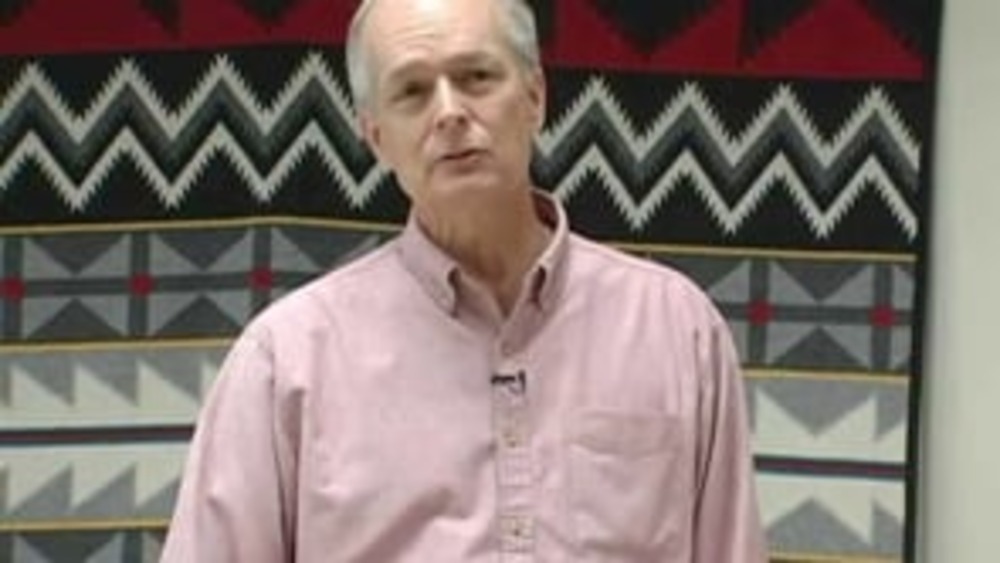
From the Rebuilding Native Nations Course Series: "Self-Determination and Governance Are Related"
Harvard Project on American Indian Economic Development Co-Director Stephen Cornell stresses the importance of Native nations exercising sovereignty effectively over time as an important way to defend their sovereignty.

From the Rebuilding Native Nations Course Series: "What Effective Bureaucracies Need"
Native leaders offer their perspectives on the key characteristics that Native nation bureaucracies need to possess in order to be effective.
Pagination
- First page
- …
- 4
- 5
- 6
- …
- Last page
